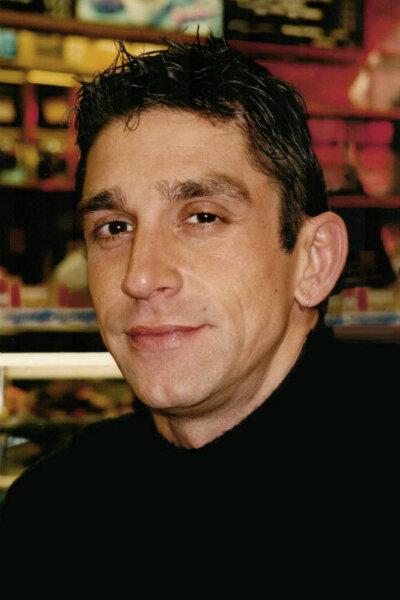Inauguration 2013: Most presidents don't invite a poet ... for a reason
Loading...
Presidential inaugurations and poets seem like a well-matched pair. The former are supposed to be a time of new beginnings, hope, and inspiration. The latter are people who presumably are skilled at expressing same.
But when second-generation Cuban Richard Blanco steps to the podium during President Obama’s Jan. 21 second-term inaugural ceremonies, he’ll be only the fifth poet to participate in such proceedings. Robert Frost, who read at John Kennedy’s 1961 swearing-in, was the first, as near as we can tell. Bill Clinton had two: Maya Angelou, in 1993, and Miller Williams, in 1997. In 2009 Elizabeth Alexander read her poem “Praise Song for the Day” at Mr. Obama’s first inaugural. Now Mr. Blanco will follow her. That’s it. [Editor's note: Learning to count, we changed the total number of poets, including Mr. Blanco, to five.]
Why so few? Perhaps a JFK story can provide a little understanding. When a friend of Frost’s suggested to Kennedy that the famous poet read at his inaugural, the president-elect first brightened, then appeared to have second thoughts.
“Frost is a master with words,” he said, according to historian Robert Dallek’s JFK biography, “An Unfinished Life.” “His remarks will detract from my inaugural address if we’re not careful. Why not have him read a poem – something that won’t put him in competition with me?”
Aha – maybe savvy politicians just don’t want to face unnecessary competition on a day when they and they alone are supposed to shine like the sun.
Of course, that’s not what happened with JFK. Inauguration Day was bright, and snow lay heavy on the ground. The light blinded Frost, despite Lyndon Johnson’s use of his own top hat to shield Frost’s paper.
Frost could not see the words of a new poem named “Dedication” he had written especially for the occasion. So he had to give up on this surprise he’d prepared for the crowd. Instead, he recited from memory lines of his poem “The Gift Outright.”
In the end, JFK remained the star of his own inaugural. That was due to his own words – partially penned by adviser Ted Sorensen – as much as Frost’s difficulties. Kennedy’s address soared with such famous lines as “Ask not what your country can do for you; ask what you can do for your country.”
“While my opinion on this subject cannot be objective, that address surely ranks among the best of all inaugural addresses in the twentieth century,” wrote Sorensen in his memoir, “Counselor: A Life at the Edge of History.”









